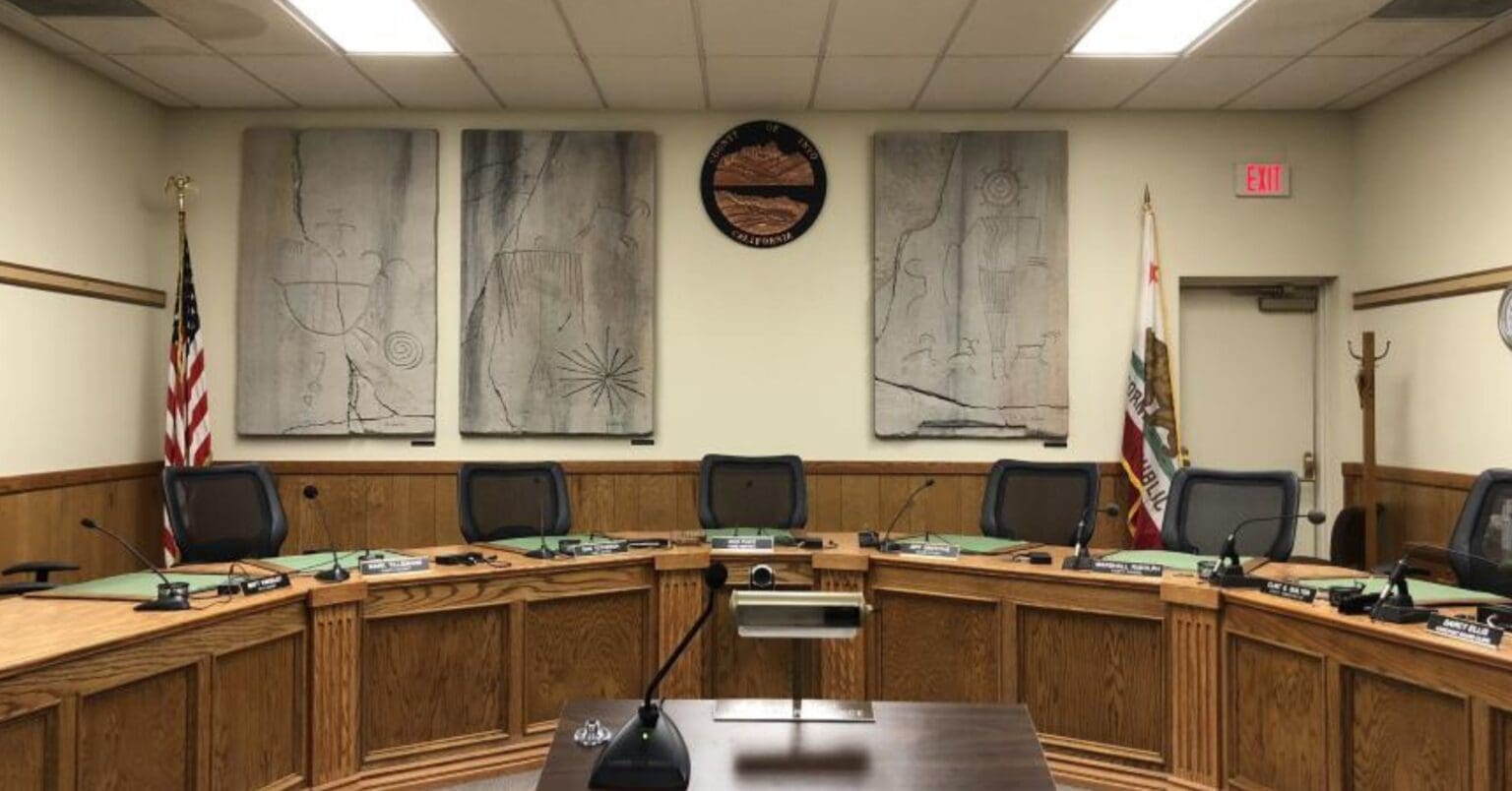CSAC-Backed Bill to Modernize Brown Act Nears Final Votes
Back to News
An effort to modernize the Brown Act — the 1953 law that lays out meeting requirements for local governments — is coming down to the wire as California lawmakers wrap up this year’s session.
Senate Bill 707 represents the most substantial changes to the Brown Act in decades. CSAC has worked closely with the bill’s author, Sen. Maria Elena Durazo, to strike a pragmatic balance that ensures county meetings are accessible, transparent, cost-effective and logistically feasible.
“Counties are committed to open meetings, public participation and transparency,” says CSAC CEO Graham Knaus. “We also live in the real world, with technology that increases the participation of disadvantaged communities. We can’t conduct meetings without quorums, and money doesn’t grow on trees. While critics on all sides throw up roadblocks from the sidelines, CSAC is proud to have worked on this bill to reach a reasonable compromise.”
While CSAC and other county advocates began the year with formal concerns with the bill, we have since changed to a supportive position due to recent amendments. Specifically, the bill will:
- Extend and expand existing flexibility for remote meeting participation;
- Expand emergency meeting rules that can be invoked during a local emergency, not just a state-declared emergency;
- Allow members of multi-jurisdictional bodies, like a coalition of governments or joint powers authorities, to participate remotely if driving distance exceeds 20 miles each way;
- Allow members of most advisory bodies to meet entirely remotely, without any in-person quorum.
We understand that counties have some concerns regarding new requirements, including translation and remote participation. Recent amendments clarify translation requirements in a way that should significantly reduce the burden on counties to translate agendas and limit the number of counties that will need to do any translations. Additionally, amendments secured earlier this year establish liability protection and allow for lower-cost digital translation tools.
Throughout the year, CSAC and other county advocates have worked to address many other concerning provisions which have been substantially amended or removed entirely. We now support this bill because we believe it takes meaningful steps to modernize this 72-year-old law.
For any questions, please contact Eric Lawyer, Senior Legislative Advocate (elaywer@counties.org).